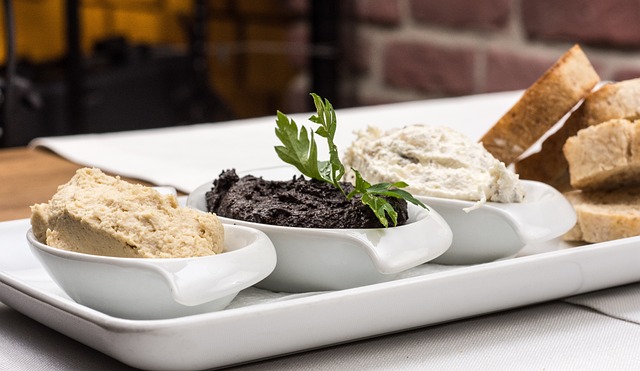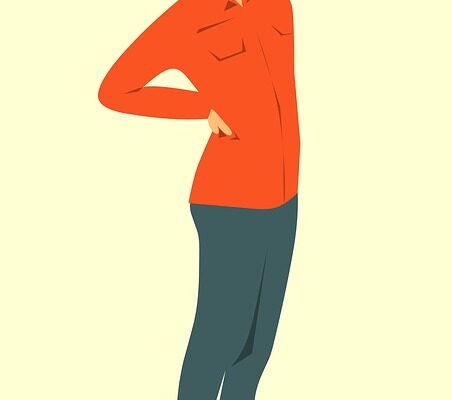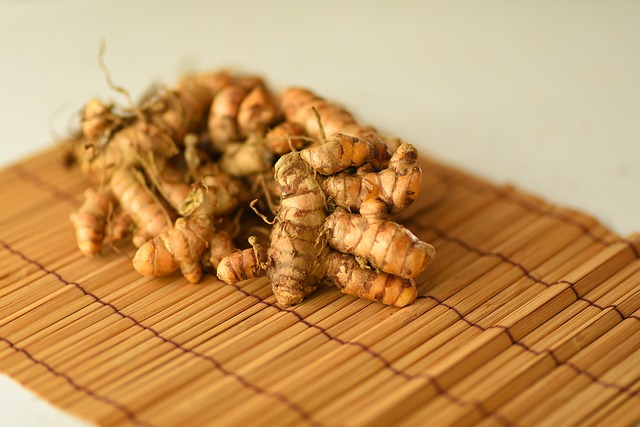Bad posture definitely can also cause stiffness. Regular exercise, posture adjustments, stretches, and home therapies are all effective ways to avoid and alleviate stiffness, regardless of the cause.
Stiffness is a common complaint, especially as you age. But most of us feel stiff in the morning, after a hard workout, after spending hours in front of the computer, or even from a nap. You can especially feel stiffness after a strenuous workout or a new activity that your body is adjusting to.
Understanding what causes stiffness and how to alleviate it will help you prevent and treat this unpleasant sensation, allowing you to function more effectively.
What is causing your stiffness?
Strenuous exertion, a lack of activity, or certain conditions can all contribute to stiffness. The reasons for this stiffness vary.
Exercising or Heavy Labor
When you exercise or perform strenuous labor, your muscles may tear, particularly if your body is not acclimated to the intensity or duration of the activity. These rips are common and, as a result, aid in the development of larger and stronger muscles. Furthermore, when your body cures itself after exercise, you may feel stiff and sore for the next couple of days. Another cause of stiffness is inflammation of the fluid around your joints (synovial fluid) following hard activity or repetitive movements.
Inactivity
Synovial fluid is released when you move during the day. Which acts as a lubricant for your joints. When there is little movement, such as sleeping or sitting for extended periods of time when working or watching TV, the fluid does not release as much to help joint and bone mobility. This absence of following fluid movement can induce stiffness.

Workouts can exacerbate stiffness, but they can also assist in alleviating it. Exercise lowers inflammation, stimulates synovial fluid flow to lubricate your joints, and aids in the development of muscles that maintain proper posture. This may sound strange, but you need to move around when your muscles feel stiff and sore. One of the reasons why you have sore and stiff muscles is a lack of blood flow. What those stiff and sore muscles need is active blood flow to get your body in motion. Swimming, cycling, walking, and bodyweight workouts are all examples of light cardio.
Poor Posture
Assume you hold your body in a way that regularly strains your muscles, tendons, and ligaments. In that instance, stiffness and pain are possible. Inappropriate sitting or standing as a result of a poor work arrangement or poor postural habits leads to any stiffness you may be experiencing.
Medical Issues
Induced stiffness can occur in people who have rheumatoid arthritis condition, thyroid disease, strains and sprains, and low vitamin D levels. If you suspect a medical cause for your stiffness, get medical attention. Some causes of stiffness require medical attention.
Preventing Stiffness
There are several ways to avoid stiffness, which vary based on what is generating it. However, here are a few examples.
Warm-Up
Warming up before physical activity may help to avoid post-workout stiffness. While some soreness and stiffness are unavoidable throughout the muscle regeneration process that leads to muscle growth, a proper warm-up can assist in reducing the worst of it.
keep moving around
Getting up and moving around, walking, or other mobility activities may improve joint fluid discharges, avoid stiffness, and lessen the effects of any poor postural habits you may have formed. For example, if your work needs you to sit at a desk or stare at the computer for long periods of time, try getting up for a few minutes every hour to minimize stiffness.
Awareness of Posture
Being aware of your postural patterns may assist you in avoiding muscle tension and stiffness. Adjusting your workspace and posture, for example, by stacking (or aligning) your posterior chain—head, neck, torso, and legs—can help reduce stiffness.
Alter Your Diet

A low-inflammation diet, such as the Mediterranean diet, or one rich in healthy fats, fruits and vegetables, seafood, lean meats, and whole grains, may help relieve some causes of stiffness. Furthermore, getting enough vitamin D may assist with stiffness.
How to Get Rid of Muscle Stiffness
If preventative measures are ineffective, there are numerous home remedies for stiffness, such as stretches and mobility exercises, various types of self-massage, and natural therapies.
Massage
Massage can help relieve muscle discomfort and stiffness after a hard workout. You can seek a professional sports massage or try several methods at home. Massage guns, for example, may be used to help alleviate muscle stiffness in the same way that traditional massage is. However, for the best results, use a massage gun immediately following your workout rather than waiting until stiffness sets in. On the go or at home, use a foam roller to simulate a sports massage. Foam rollers help to break down tight, stiff muscles as well as fascial adhesions (myofascial release). Tissue adhesions, or knots, are common in people of all ages and fitness levels. They may restrict blood and nutrient transmission to the muscle fiber, causing pain or injury.
Natural Remedies
Heat and herbal therapies are two more natural stiffness cures. Consult a healthcare practitioner before using any supplements.
Saunas can help to relieve rheumatoid arthritis sufferers’ stiffness. They might also help those who don’t have arthritis feel less tense and stiff. Although far infrared saunas are still being researched, some studies found that they can help reduce pain and inflammation while also promoting healing.
A hot bath or shower, for example, can assist in alleviating stiffness and stress. For 6, 12, or 18 minutes, alternate between 1-minute heat (38°C) and 1-minute cool (15°C) treatments to relieve discomfort, soreness, and stiffness.
Boswellia is a herb that has been shown to relieve stiffness and discomfort.
Turmeric‘s ability to alleviate inflammation and stiffness has also been studied.
Yoga and pilates may help improve posture and flexibility while also increasing mobility in a gentle, low-impact manner that reduces stiffness.
When Should You Go to the Doctor?
Assume your stiffness is the result of an injury, is accompanied by pain, does not improve with home remedies, or you suspect an insect bite or illness. In that scenario, you should see a doctor right away. If your stiffness is persistent and affecting your quality of life, you should consult a doctor.
To Conclude
Stiffness may be treated at home and avoided by following suggestions. Continue to move, but don’t push yourself too hard. If you feel stiff, consider relaxing with a warm bath or self-massage. Lastly, you might want to check if your mattress is too soft or stiff, and don’t forget to change your pillows once in a while.

